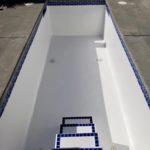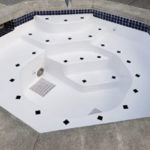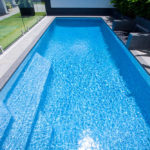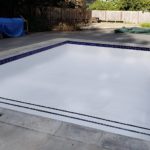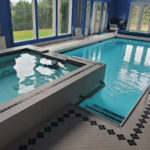If you own a swimming pool at home or in a business area, you know that rust stains can be a frustrating and unsightly problem.
Rusts make your pool look dirty and old. Worse is that they will also be difficult to remove if the time comes you have to clean and maintain the pool area.
They can be found around the pool linings and accessories with metal on them, like the handlebars. They can also contact the pool plasters and leave residue on the water.
In this article, we’ll explore why rust stains form in pools. We’ll also provide you with simple but effective tips to help you get rid of them.
So, we’ve got you covered, whether you’re dealing with a few small stains or with a bigger problem in your swimming pools. Moreover, having professional resurfacing contractors on your side also means they can stay up-to-date with the latest technologies in pool plastering.
Remove Rusts and Repair Pool Damages With a Pros' Help
Before we dive in on removing rust stains from your pool, consider hiring a professional pool replastering Las Vegas services as the best option.
Swimming pool replastering requires specialized tools and techniques only experienced pool professionals can provide.
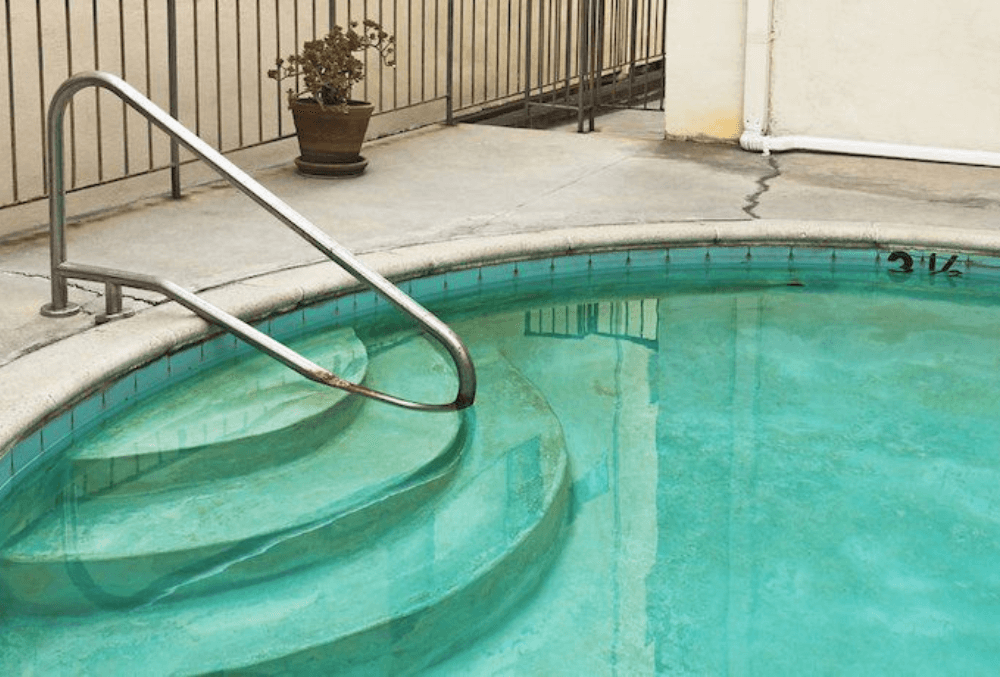
The Science Behind Rust Stains in Pools
Rust stains in pools form because of the presence of iron and copper in the water.
So, how do these materials get there in the first place? In this section, we’ll explore the science behind rust stains.
Iron and copper can enter pool water through well, water, metal equipment, and even algaecides.
Once in the water, these metals can react with oxygen and other chemicals to form rust stains. This process is carried on by what is called metal oxidation.
Furthermore, exposure to air and sunlight accelerates the process, making you more likely to see rust stains in your pool.
Understanding the science behind rust stains is key to preventing and treating them effectively.Let’s dive deeper into the chemistry of pool water and rust and how you can fix them ultimately.
How to Fix Rust Stains in Pools
So, now you are sure that stains in your pools exist. Don fret, for here is several ways you can remove them.
Rusts Remover Products
Your first option is to use a specialized rust stain remover. These are premade products that are readily available in your supply stores.
The next best thing to do is to know what is the best product with the right solution.
With this said, you must know what materials are made up of surrounding your swimming pools. Choose those which are friendly to other materials like the concrete granite or the plastering used in it.
Using Sequestering Agents
Another method is with a sequestering agent. Using this on pool water will bind to the metals, causing the stains and preventing them from oxidizing further.
Doing this would involve testing your water for iron and copper levels, using a metal sequestrant regularly.
Identify the Stain Source
Next is to identify and address the source of the metal in your pool water.
If you know where the stains are coming from, of course, you will be able to prevent any future staining. You can do this following the use of a sequestering agent.
Once you access the source, you can replace the metal equipment leaching into the water.
Maintain Pool Water Chemistry
Keep the pool water chemistry balanced by checking the pH and chlorine levels on a regular basis. This will keep stains from rust forming on the pool water in the first place.
Now, you can say goodbye to rust stains! All these, when done with patience and diligence, will keep your property in good working condition.
Further, you will save the concrete coping materials and their linings. You will also save cost on hiring a pool plastering service crew to change or repair a stained surface inside the swimming and the surfaces around it.
Know the Signs That You Need Pool Replastering
Rust stains on your pool surface can be a sign that you need pool replastering. These stains are often caused by metal in the water and, if left untreated, can lead to further damage and degradation of your pool surface.
To identify rust stains on your pool surface, look for brown, red, or orange discoloration in areas where water accumulates, such as steps, corners, and around pool fittings.
These stains may be more visible after the pool has been shocked or when the water level is lowered.
If you notice rust stains on your pool surface, addressing them as soon as possible is important. While some stains can be removed with specialized products, replastering is the best route to take.
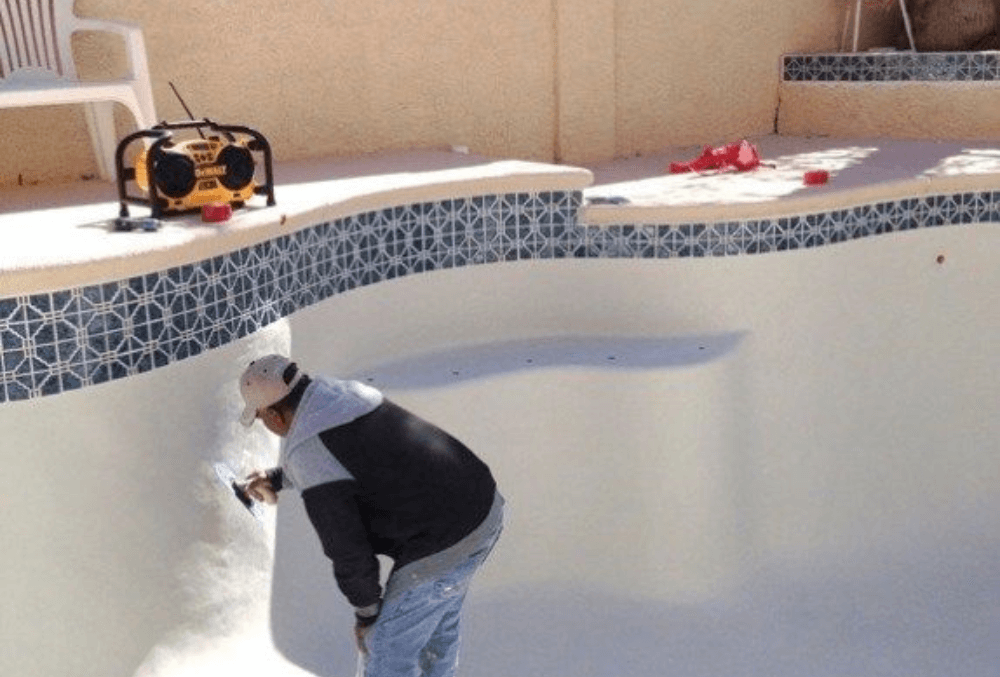
DIY Pool Replastering Solutions
While replastering your pool may be necessary in some cases, there are some DIY solutions you can try to remove rust stains.
One option is to scrub the affected areas with a pumice stone or a specialized pool brush to remove the stains.
Another method is to use a chemical treatment such as vitamin C or ascorbic acid, which can help break down the metal causing the stains.
It’s important to note that DIY solutions may not always be effective and that you will soon need the help of reliable contractors that resurface and improve swimming pools.
Professional Pool Replastering Services & Costs
Professional pool replastering services in Las Vegas offer several benefits over DIY solutions, including a more thorough and long-lasting restoration of your pool surface.
With professional pool replastering, you will have a job done right the first time.
This can help prevent future damage and degradation and keep your pool looking beautiful for several years. Request a free quote for your replastering services.
